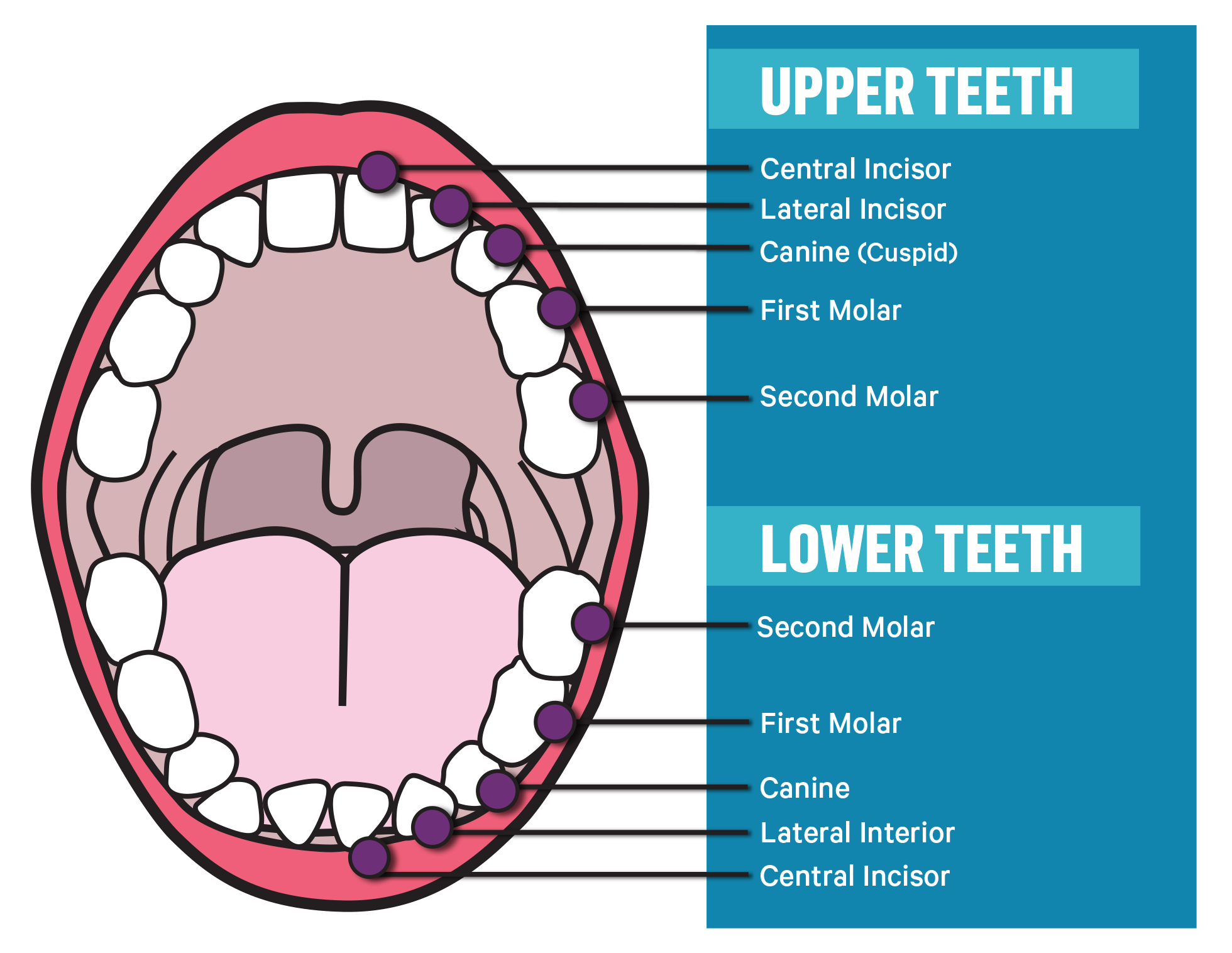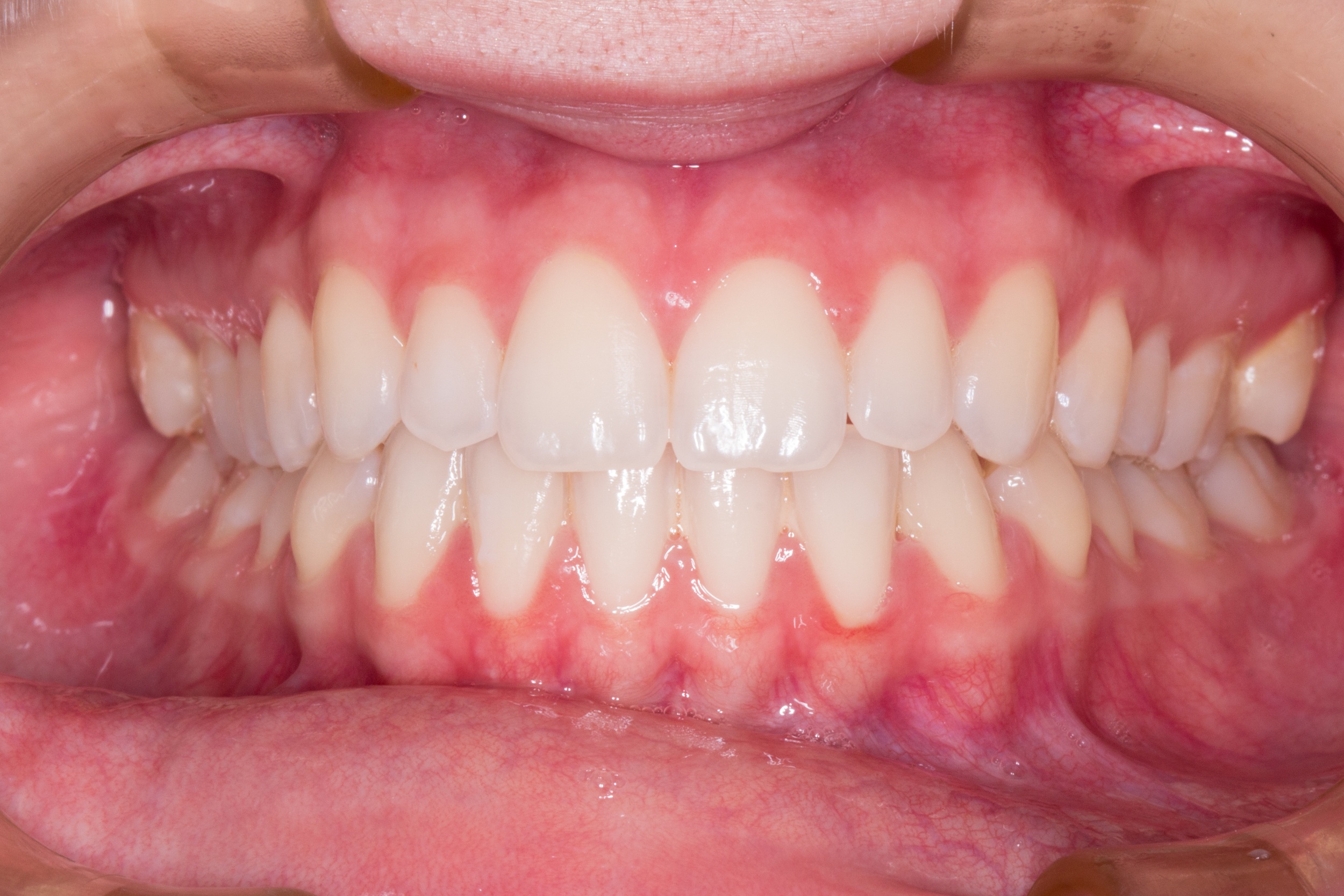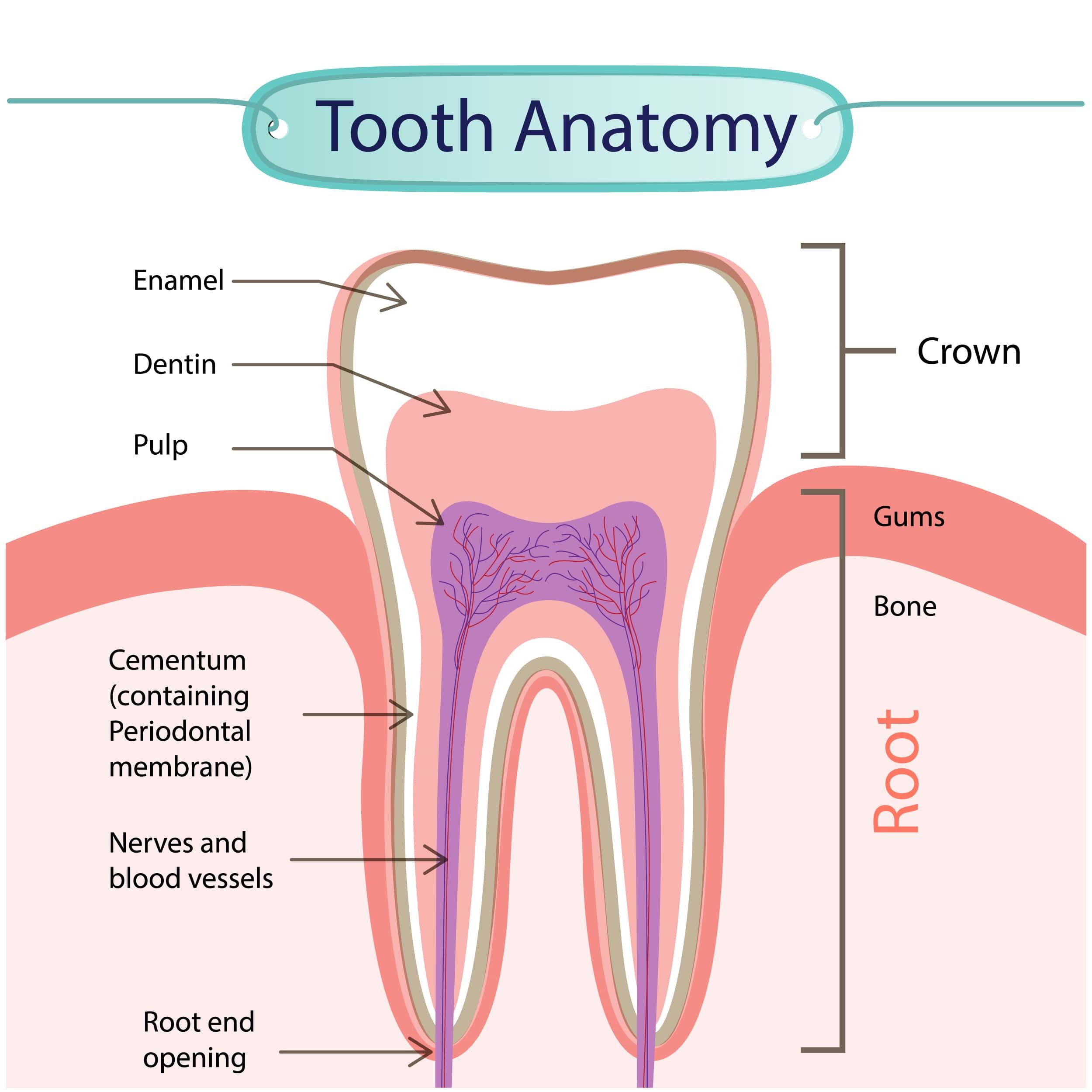Is Teeth Whitening Good? Unveiling The Bright Side Of A Confident Smile
Detail Author:
- Name : Hiram Mitchell
- Username : hilton07
- Email : vjerde@balistreri.biz
- Birthdate : 1993-04-28
- Address : 5812 Karine Landing North Myrna, NM 01223
- Phone : (385) 853-7462
- Company : Heathcote and Sons
- Job : Food Preparation Worker
- Bio : Unde sed ut non eveniet. Corrupti voluptatem quia enim quia nesciunt deleniti officia. A quibusdam deleniti qui omnis molestiae ut dolor.
Socials
facebook:
- url : https://facebook.com/eloisa.tremblay
- username : eloisa.tremblay
- bio : Corrupti porro aperiam iure voluptas id et quisquam dicta.
- followers : 6388
- following : 681
twitter:
- url : https://twitter.com/eloisa.tremblay
- username : eloisa.tremblay
- bio : Error qui nisi beatae accusamus quia. Porro temporibus quasi neque reiciendis totam. Totam ut laboriosam qui expedita voluptatem rem.
- followers : 6176
- following : 478
instagram:
- url : https://instagram.com/eloisa.tremblay
- username : eloisa.tremblay
- bio : Commodi et corrupti ab ut omnis. Provident id omnis est voluptatem sunt beatae.
- followers : 3616
- following : 2916
A bright, radiant smile, you know, it's almost like a universal language of welcome and warmth. It truly does make a difference in how we feel about ourselves and how others see us. For many, a smile that gleams with health and vitality isn't just about looking good; it's deeply connected to feeling good, too. That feeling of confidence that comes from knowing your smile looks its best is, frankly, pretty powerful, isn't it?
Perhaps you've thought about how a whiter smile might change things for you, or maybe you're just curious about what teeth whitening is all about. It's a very popular topic, after all, with so many people looking for ways to enhance their natural brightness. There are lots of options out there, and it can sometimes feel a bit overwhelming trying to figure out what's what.
This article is here to shed some light on the subject, exploring why many consider teeth whitening a really positive step. We'll look at how it works, what makes it safe, and how it can, in a way, give your confidence a wonderful boost. So, let's explore the ins and outs of getting a brighter smile.
Table of Contents
- Why a Brighter Smile Feels So Good
- How Teeth Whitening Actually Works
- Is Teeth Whitening Safe? Addressing Common Worries
- Different Ways to Achieve a Brighter Look
- Keeping Your Smile Bright After Whitening
- Frequently Asked Questions (FAQs)
- Conclusion
Why a Brighter Smile Feels So Good
There's something genuinely transformative about having a smile you feel truly good about. It's not just about vanity; it's about how that outward appearance can actually change your inner world, too. A brighter smile can, in some respects, open doors and create a more positive outlook on daily interactions. It's a simple change that often yields big results in how people carry themselves.
Boosting Your Confidence
When your teeth are brighter, you might find yourself smiling more freely, less worried about hiding your mouth. This increased openness, you know, can really make you feel more self-assured in social settings, during job interviews, or even just when meeting new people. It's a subtle shift, but the feeling of not having to think twice about your smile can be incredibly liberating. That, is that, a pretty neat benefit, wouldn't you say?
Making a Great First Impression
First impressions, they really do count, don't they? A warm, inviting smile is often one of the first things people notice about you. A bright smile can convey friendliness, approachability, and even a certain level of care for oneself. It's a non-verbal cue that can, quite literally, light up a room and make others feel more at ease around you. So, in that way, it's a very valuable asset.
Feeling Your Best
Beyond what others see, feeling good about your smile contributes to your overall well-being. It's a part of feeling put-together and ready to face the day. This sense of personal satisfaction, you know, can spill over into other areas of your life, encouraging you to maintain other good habits and feel generally more positive. It's a simple step that helps you feel, quite frankly, your absolute best.
How Teeth Whitening Actually Works
To really get a grip on how teeth whitening does its magic, it's helpful to understand a bit about what your teeth are made of. Your teeth, after all, are calcified structures in your mouth that help crush and break apart food, so it is easier to swallow and digest. They are an important part of your digestive system, actually. Most humans have 32 teeth, although some have more and some have fewer. Children typically have 20 primary teeth, while adults usually have 32 permanent teeth. Each type of tooth has a specific function, including biting, chewing, and grinding food. We have incisors, canines, premolars, and molars, each playing a unique role in your mouth.
Understanding Your Teeth's Layers
Your teeth are made of multiple tissues of varying density and hardness. They have four layers of tissue, including enamel, the hard outer layer that protects everything inside, and pulp, the soft inner layer that provides essential nutrients to teeth. All human teeth consist of 3 main layers. The external and hardest of all layers is the enamel, underneath of enamel there is dentin, and at the center of the tooth lies the softer and live part, which is the pulp. It's this enamel layer that the whitening agents primarily interact with, you know, to get that brighter look.
The Science Behind the Sparkle
Teeth whitening products, whether they are used at home or by a professional, typically contain peroxides, like hydrogen peroxide or carbamide peroxide. These agents, basically, work by breaking down the compounds that cause stains on your tooth enamel. When the peroxide comes into contact with the tooth surface, it releases oxygen molecules. These oxygen molecules then penetrate the enamel and reach the dentin layer, where they break apart the colored molecules that have accumulated over time. This process, quite literally, makes the stains less concentrated and, as a result, makes your teeth appear lighter and brighter. It's a chemical reaction, really, that helps remove those stubborn discolorations.
Is Teeth Whitening Safe? Addressing Common Worries
One of the most frequent questions people have is about the safety of teeth whitening. It's a very valid concern, as you want to make sure you're doing something good for your smile without causing any harm. The good news is that when done correctly, either under professional guidance or with reputable at-home products, teeth whitening is generally considered safe. However, like with any cosmetic procedure, there are things to be aware of, and it's always wise to talk to a dental professional first. They can assess your specific situation and make recommendations that are right for you, which is pretty important.
Professional vs. At-Home Options
There are generally two main avenues for teeth whitening: professional treatments performed by a dentist and various at-home options. Professional treatments typically use stronger concentrations of whitening agents and are performed in a controlled environment, ensuring safety and often delivering more dramatic results in a shorter time. A dentist can also protect your gums and soft tissues, which is a big plus. At-home kits, on the other hand, contain lower concentrations and are designed for user application. While convenient, it's crucial to follow the instructions precisely to avoid issues like gum irritation or uneven whitening. So, you know, both have their place.
Protecting Your Tooth Health
Your teeth are, in fact, incredibly resilient structures, but proper care is always key. The enamel, as we discussed, is the hard outer layer that protects everything inside. When whitening, it's important that this enamel is healthy. If you have existing dental issues, like cavities, gum disease, or very sensitive teeth, whitening might not be the best first step. That's why a dental check-up before starting any whitening regimen is highly recommended. A dentist can ensure your teeth are in good shape to handle the process, helping to prevent potential sensitivity or other issues. They can also provide dental health tips to keep your smile healthy long-term. You can learn more about dental care on our site.
Different Ways to Achieve a Brighter Look
The quest for a brighter smile has led to a variety of methods, each with its own advantages and considerations. From quick in-office procedures to convenient at-home kits, there's likely an option that fits your lifestyle and desired results. Understanding these different approaches can help you make a very informed choice about what might be best for you, you know, depending on what you're looking for.
In-Office Treatments
For those looking for immediate and noticeable results, in-office professional whitening is often the way to go. These treatments use high-concentration whitening gels, often activated by a special light or laser, to accelerate the process. A single session, which typically lasts about an hour, can lighten your teeth by several shades. The main advantages are the speed and the fact that the procedure is overseen by a dental professional, ensuring maximum safety and effectiveness. This is, arguably, the most powerful option.
At-Home Kits
At-home whitening kits offer a more flexible and often more budget-friendly approach. These typically include custom-fitted trays or strips pre-filled with a lower concentration of whitening gel. You wear them for a specified amount of time each day, usually over a period of one to two weeks. While the results might be more gradual compared to in-office treatments, they can still be very effective in achieving a noticeably brighter smile. It's just a matter of consistency, you know, with these products.
Natural Approaches
Some people explore natural methods for teeth whitening, such as using baking soda, activated charcoal, or oil pulling. While these methods are often promoted as gentle alternatives, it's important to approach them with caution. Many lack scientific evidence of effectiveness for significant whitening, and some, like abrasive powders, could potentially wear down enamel over time if used improperly. Always consult with your dentist before trying any natural remedies, just to be on the safe side, you know.
Keeping Your Smile Bright After Whitening
Getting your teeth whitened is a fantastic step towards a more confident smile, but the journey doesn't end there. To maintain those brilliant results, you need to put in a little ongoing effort. It's not unlike taking care of your overall health; consistent good habits really do pay off in the long run. So, what can you do to keep that sparkle lasting? It's actually, quite simple.
Good Oral Habits
Regular and thorough oral hygiene is, quite honestly, the foundation of a lasting bright smile. Brushing your teeth twice a day for two minutes each time, using fluoride toothpaste, helps remove plaque and surface stains before they can really set in. Flossing daily is also crucial, as it gets rid of food particles and plaque from between your teeth and along the gum line. Remember, your teeth are part of your digestive system; they break down foods by crushing or cutting them before you swallow. So, keeping them clean is vital not just for aesthetics but for your overall health. You can also explore more about different types of teeth and their functions on our site.
What to Eat and Drink
Certain foods and beverages are notorious for staining teeth. Coffee, tea, red wine, dark sodas, and richly colored berries are common culprits. While you don't have to give them up entirely, being mindful of your consumption can make a big difference. Drinking through a straw can help minimize contact with your front teeth, and rinsing your mouth with water immediately after consuming staining foods or drinks can help wash away some of the pigment before it has a chance to settle. It's a little trick that, you know, can really help.
Frequently Asked Questions (FAQs)
Here are some common questions people often ask about teeth whitening:
1. How long does teeth whitening last?
Well, the duration of teeth whitening results can vary quite a bit, you know, from person to person. Generally, results can last anywhere from six months to two or three years. It really depends on your habits, like what you eat and drink, and how well you maintain your oral hygiene. People who regularly consume staining foods or drinks, or who smoke, might find their results fade more quickly. Regular touch-ups can help extend the brightness, too.
2. Does teeth whitening cause sensitivity?
Yes, it's fairly common to experience some temporary tooth sensitivity after whitening, actually. This happens because the whitening agents can temporarily dehydrate the teeth and expose tiny pores in the enamel, which can make the nerves inside the teeth more reactive to temperature changes. This sensitivity is usually mild and goes away within a day or two after the treatment. Using toothpaste for sensitive teeth can often help manage this discomfort, so, you know, it's usually not a big deal.
3. Can all teeth be whitened?
Not all teeth or dental restorations can be whitened. Natural tooth enamel typically responds well to whitening treatments, but crowns, veneers, fillings, and other dental restorations made of porcelain or composite materials will not change color with whitening. If you have these, they might appear darker against your newly whitened natural teeth. That's why, you know, it's really important to talk to your dentist before you start any whitening, so they can assess your specific situation and manage your expectations.
Conclusion
Deciding if teeth whitening is good for you really comes down to your personal goals and understanding the process. As we've explored, a brighter smile can certainly bring a significant boost to your confidence and how you present yourself to the world. It's a positive step for many, offering a way to feel more comfortable and happy with their appearance. The science behind it is sound, and when done properly, it's a generally safe and effective way to enhance your natural brightness.
Remember, your teeth are amazing structures, serving crucial functions, and their health is paramount. Whether you choose a professional treatment or an at-home kit, always prioritize the health of your teeth and gums. A quick chat with your dental professional can provide tailored advice, ensuring that your journey to a brighter smile is both effective and safe. They can help you understand the anatomy and structure of your teeth and conditions that can affect your teeth, guiding you to the best approach for your unique situation.
Ultimately, a confident smile is truly a wonderful thing to possess. If teeth whitening is something you're considering, understanding the benefits and how it works can help you make a very informed decision. It's about feeling good, looking good, and, you know, letting your best self shine through. For further reading on dental health, you might find this resource helpful: American Dental Association.

The Different Types of Teeth and What They Do | Advantage Dental+

Four Different Types of Teeth and Their Function | Shervin M. Louie, DDS

The Anatomy of Your Teeth